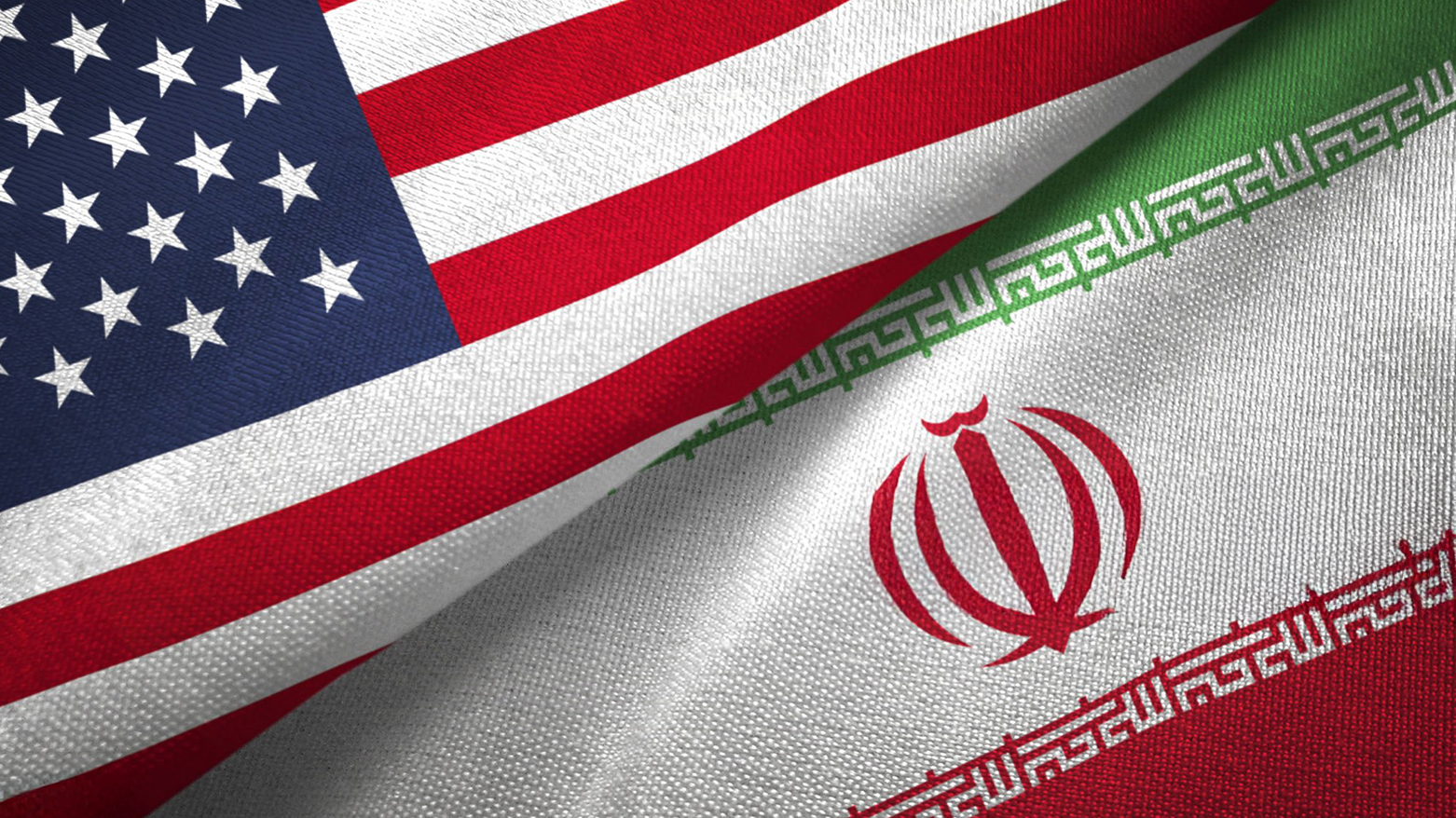Trump: U.S. and Iran to Hold Talks Next Week as Ceasefire Holds
“The Atomic Energy Organization of Iran will suspend cooperation with the IAEA until security of nuclear facilities is ensured,” said Parliament Speaker Qalibaf. “Iran’s peaceful nuclear program will move forward at a faster pace!”

ERBIL (Kurdistan24) — U.S. President Donald Trump said Wednesday that American and Iranian officials are expected to engage in talks next week, as the fragile ceasefire between Iran and Israel held for a second consecutive day, raising cautious hopes for a potential diplomatic breakthrough, according to the Associated Press (AP).
Speaking at a NATO summit, Trump downplayed interest in restarting formal negotiations with Tehran, asserting that U.S. strikes had already “completely and fully obliterated” Iran’s nuclear program. “We may sign an agreement, I don’t know,” Trump told reporters. “The way I look at it, they fought, the war is done.”
Iran has not confirmed any upcoming talks, but U.S. Middle East envoy Steve Witkoff said both direct and indirect communication has taken place between the two sides. A planned sixth round of talks earlier this month in Oman was canceled following Israel’s strikes on Iranian territory.
Witkoff told Fox News that the U.S. is now aiming for a broader peace accord, stating, “We’re already talking to each other, not just directly, but also through interlocutors.” He added that the absence of further violence is itself a sign of success: “The proof is in the pudding. No one's shooting at each other. It's over.”
Nuclear Program in Focus
Despite Trump’s confidence in the impact of the strikes, an Iranian parliamentary vote on Wednesday signaled the deepening of nuclear tensions. Lawmakers voted to fast-track a bill to suspend cooperation with the International Atomic Energy Agency (IAEA), citing the agency’s failure to condemn the U.S. strikes on Iranian nuclear facilities.
“For this reason, the Atomic Energy Organization of Iran will suspend cooperation with the IAEA until security of nuclear facilities is ensured,” said Parliament Speaker Mohammad Bagher Qalibaf. “Iran’s peaceful nuclear program will move forward at a faster pace.”
IAEA Director General Rafael Grossi responded by urging Tehran to resume inspections, telling France 2 that the agency had lost visibility over Iran’s nuclear materials. “We need to return,” Grossi said. “We need to engage.”
In a separate interview, Grossi stressed Iran's legal obligation under the Non-Proliferation Treaty (NPT) to allow inspections, adding that now, with hostilities paused, “it is in everyone’s interest that we resume our activities as soon as possible.”
Damaged Facilities and Disputed Assessments
The full impact of the U.S. and Israeli strikes remains unclear. Trump claimed the attacks set Iran’s nuclear program back by years, while some U.S. intelligence sources estimate only a few months’ delay. Iranian Foreign Ministry spokesperson Esmail Baghaei admitted that the sites suffered “significant damage,” but avoided offering details.
Still, Baghaei emphasized Iran's right to pursue peaceful nuclear energy, stating, “Iran is determined to preserve that right under any circumstances.”
Meanwhile, the Israel Atomic Energy Commission asserted that the strikes “set back Iran’s ability to develop nuclear weapons by many years,” though it provided no evidence.
Mossad Releases Rare Footage
In a rare move, Israel’s Mossad intelligence agency released a video revealing details of its covert operations during the war. Mossad Chief David Barnea thanked the CIA for its support and credited years of preparation for enabling Israel to neutralize key Iranian military figures and infrastructure.
“Thanks to accurate intelligence, advanced technologies, and operational capabilities beyond imagination, we helped the air force strike the Iranian nuclear project, establish aerial superiority in Iranian skies, and reduce the missile threat,” Mossad stated in a Facebook post accompanying the video.
Lt. Gen. Eyal Zamir, Israel’s military chief of staff, confirmed that Israeli commandos had operated “deep inside enemy territory” during the conflict.
Human Toll and Continuing Tensions
Iran’s official death toll from the 12-day war stands at 606, with 5,332 wounded. However, the U.S.-based Human Rights Activists group reported at least 1,054 deaths, including 417 civilians and 318 security personnel. In Israel, at least 28 people were killed and more than 1,000 wounded, according to officials.
As part of its domestic crackdown, Tehran has executed six individuals accused of spying for Israel in recent weeks, including three on Wednesday.
Despite these grim developments, French President Emmanuel Macron urged both sides to seize the diplomatic window offered by the ceasefire. Macron, who spoke multiple times with Iranian President Masoud Pezeshkian during the war, said he remains hopeful that Iran will return to the negotiating table, according to AP.
IAEA chief Grossi echoed that sentiment: “Out of the bad things that military conflict brings, there’s also now a possibility, an opening. We shouldn’t miss that opportunity.”
